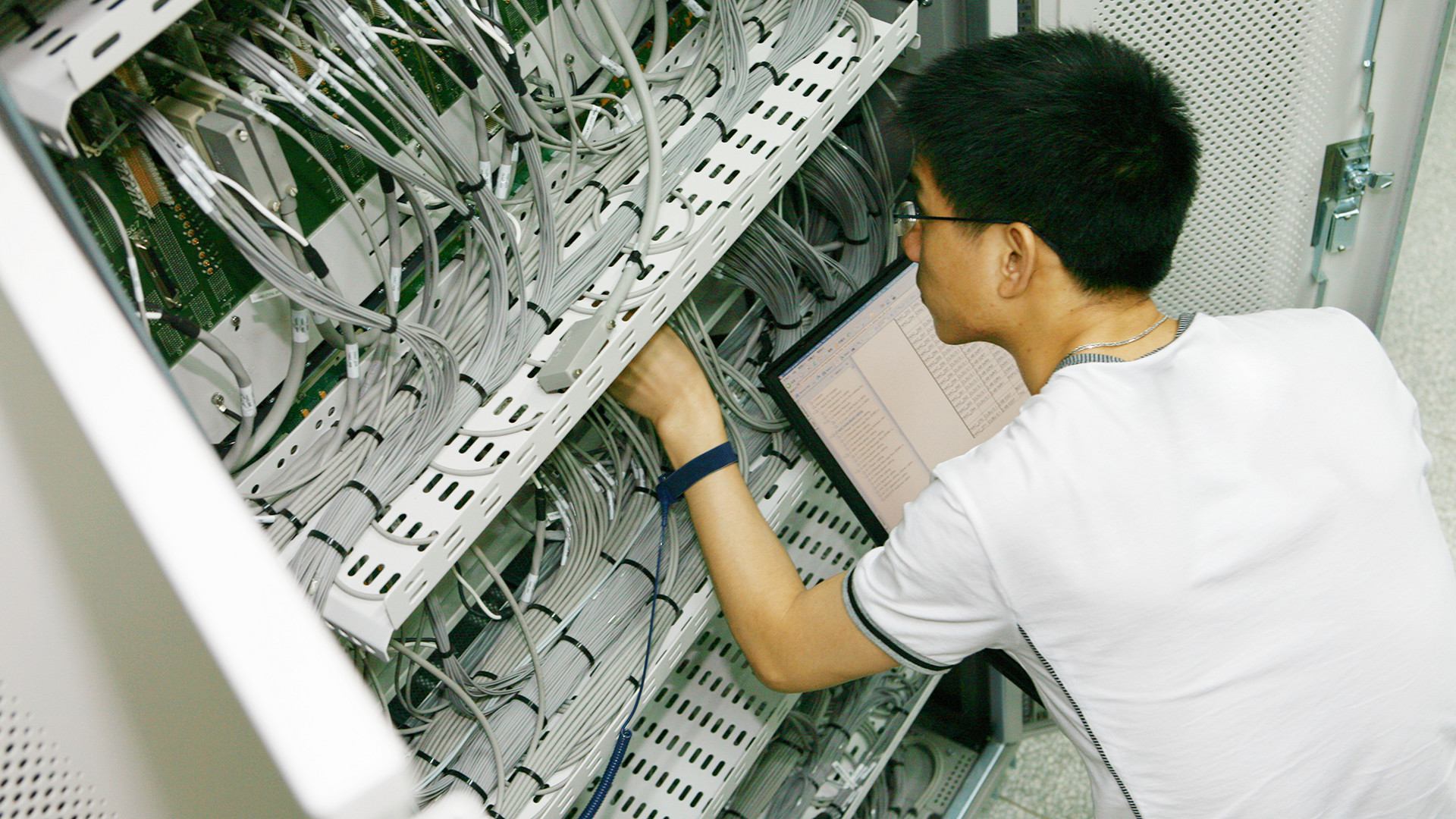Impact
In addition to research carried out on high performance computing itself, the establishment of the group has resulted in a wide range of HPC enabled research to be carried out across multiple schools within the University. Indeed, the HPCRG has made a significant impact on research activity within the University with HPC-enabled research carried out by many of its users contributing to multiple unit of assessment (UoA) submissions in the forthcoming Research Excellence Framework (REF) exercise.
HPC enabled research has made major contributions in many areas. For example, on-going projects in the Computational Chemistry Research Group include modelling of the photophysics of new materials for electronic display and solar cell applications, novel lithium ion battery materials, new superconducting materials, probing the properties of next generation, safe, clean nuclear fuels based on thorium and the modelling of biomineralisation processes. Work carried out in Huddersfield on the simulation of the growth of bacterial magnetic nanoparticles has recently been reported by several scientific news outlets (http://www.sciencedaily.com/releases/2012/10/121015085419.htm, http://www.nanotech-now.com/news.cgi?story_id=46164, http://phys.org/news/2012-10-aims-magnetosomes-nature-strangest-secrets.html)
A wide range of research within the International Institute of Accelerator Applications have also greatly benefited from HPCRG facilities with projects on neutron imaging for security applications and the simulation of particle accelerators and particle physics processes in accelerator beam targets.
In engineering, HPC is used to help design vehicles to reduce fuel consumption; conduct thermal displacement analysis and machine deformations due to thermal stress
In informatics, malware analysis requires both the use of advanced analysis code (e.g. to mathematically model complex code behaviours or to crack cryptographically secure communications) and instrumented environments within which malware may be safely and securely ran whilst behavioural data is collected for offline analysis. The HPC cloud at theUniversityofHuddersfieldhas provided a secure and scalable instrumentation environment for malware code experimentation, whilst theUniversityofHuddersfield QGGcampus grid has provided the raw distributed computing power needed for code analysis requirements.
To highlight the impact Huddersfieldhas made in these areas, the University hosted the recent Computational Collaborative Programme 5 (Condensed Matter) Annual General Meeting.







